 Produced by Casey Silver
Produced by Casey Silver
Directed by John Lee Hancock
Written by John Lee Hancock,
John Fusco, Scott Frank
Starring Kevin Costner, Woody Harrelson,
Kathy Bates, John Carroll Lynch, Kim Dickens,
Thomas Mann, William Sadler, W. Earl Brown,
Emily Brobst, Edward Bossert
On May 23, 1934 in Bienville Parish, Louisiana, the gangster duo Bonnie Parker and Clyde Barrow were (spoiler alert!) ambushed and shot to death (and then some) by a posse of lawmen including Frank Hamer, who’d officially been on the hunt for the notorious gangster duo as a “highwayman” following the (temporary) disbanding of his former agency, the Texas Rangers, by Governor Amanda “Ma” Ferguson in 1933.
Then, in 1967 (according to Kevin Costner at the SXSW world premiere of the new John Lee Hancock film in which he plays Hamer), the lawman’s widow sued Warner Bros. for defamation of character (and won), having objected to what she felt was a buffoonish portrayal of her late husband in Arthur Penn’s romanticized take on the outlaw couple’s deadly multi-state crime spree.
Unsurprisingly, The Highwaymen is squarely on the side of Mrs. Hamer, both in its portrayal of the elegiac, red-blooded nobility of honest lawmen (who don’t come much squarer than Costner’s protagonist) and its bone-deep revulsion at the notion of society elevating cold-blooded thugs like the Barrow gang to folk hero (or even antiheroic) status. Indeed, the film barely shows us the faces of the infamous criminal duo (indelibly rendered by Warren Beatty and Faye Dunaway in the Penn version of the tale), intentionally redefining the couple as deadly monsters lurking in the shadows of decent society rather than hippie-dippy symbols of anti-establishment rebellion…
…and that’s all well and good, as is the film’s timely affirmation of the rule of law and the ways in which the normalization of corruption can undermine a society, classic themes as reassuringly familiar as the stylish cloche hats and gleaming Art Deco hood ornaments of Hancock’s Depression-era production design.
And yet, for all the old school, mainstream professionalism of the visuals and the solid A-list performances (including a particularly memorable acting duet between Costner and William Sadler as Clyde Barrow’s haunted father), there’s likewise a distinctly out-of-touch quality to the film’s fetishistic celebration of guns and brutality as the surest path to justice, no matter how much Costner and his partner (Woody Harrelson) brood about it — not to mention that in a time of ongoing protests against police brutality, the literal overkill of a half dozen lawmen pumping hundreds of bullets into the fugitives they’ve finally managed to corner is a queasy moment of horror that doesn’t entirely track with Hancock’s otherwise hagiographic portrayal of Hamer.
Worse, despite a few crackerjack scenes and sequences (mostly involving the spiky chemistry of Costner and Harrelson and their shared realization that they’re probably both too old to be chasing ruthless killers), the film’s swelling soundtrack and 132-minute running time strive for epic grandeur in what’s basically a grim foregone conclusion of a story. The procedural elements of the plot aren’t quite interesting enough to justify the bloated running time, nor are the underlying themes or the standard-issue personalities of the protagonists.
As a streaming experience (coming to Netflix on March 23 after a limited theatrical run), The Highwaymen is certainly good enough to sample on the small screen, particularly with an itchy trigger finger on your remote control’s fast forward button — though Penn’s 111-minute Bonnie & Clyde easily wins the biopic duel as the far superior cinematic experience.



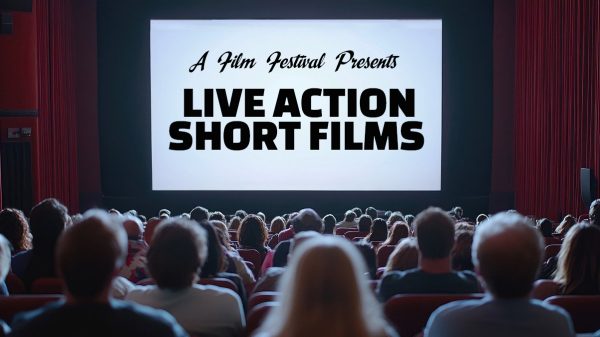



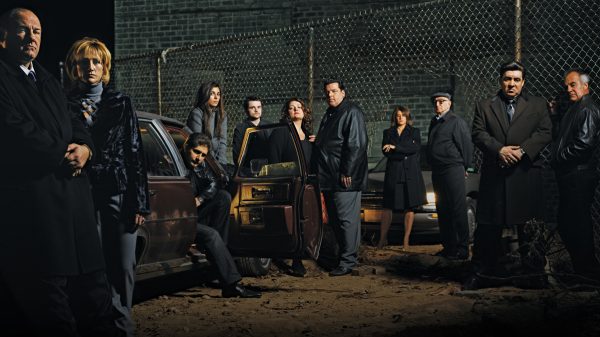
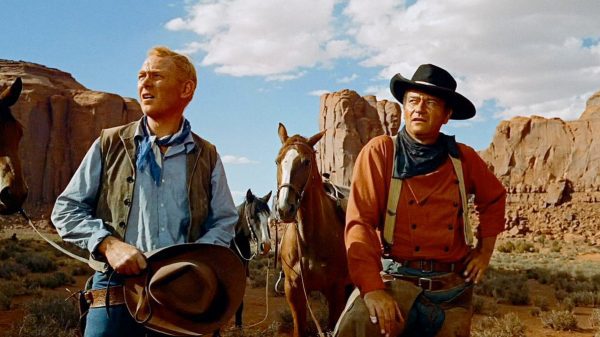


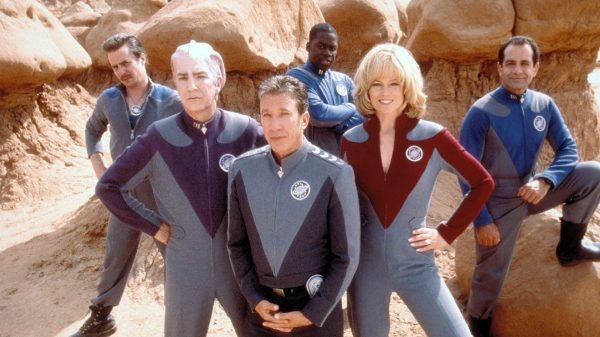
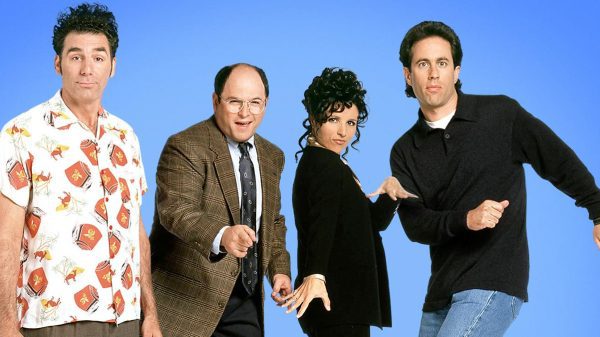


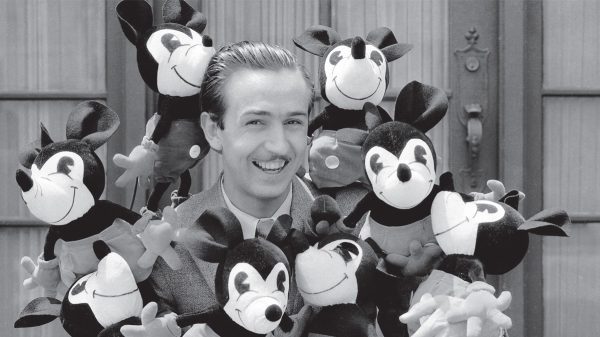


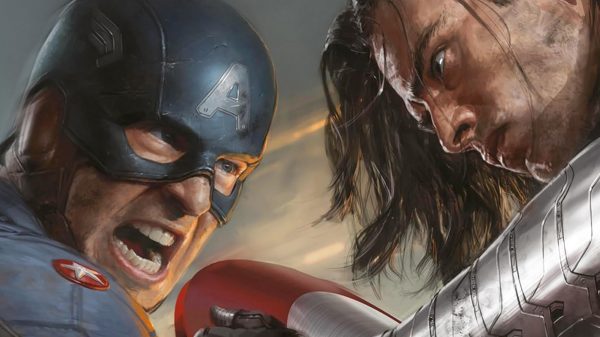




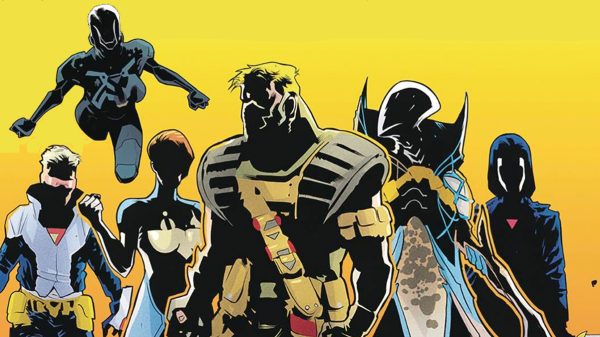
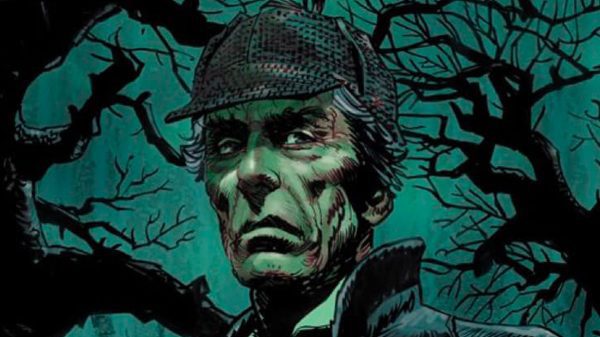
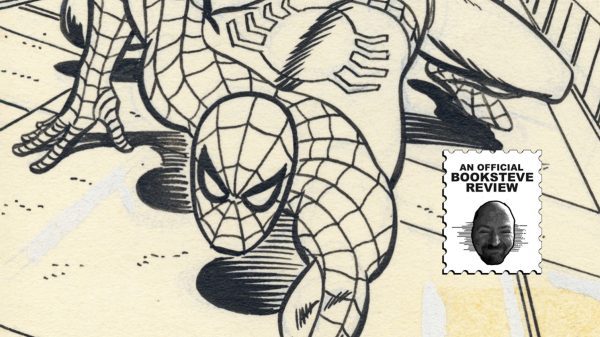
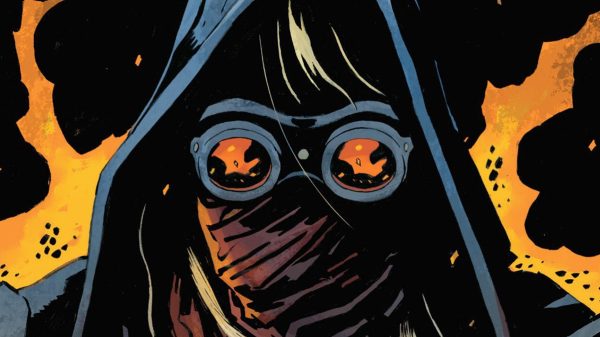





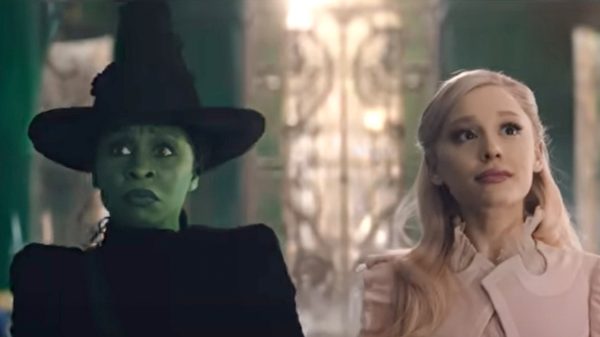
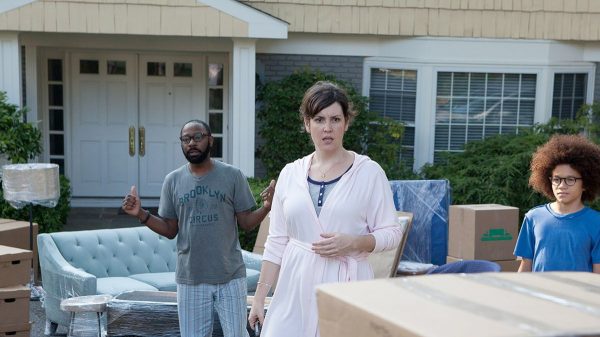
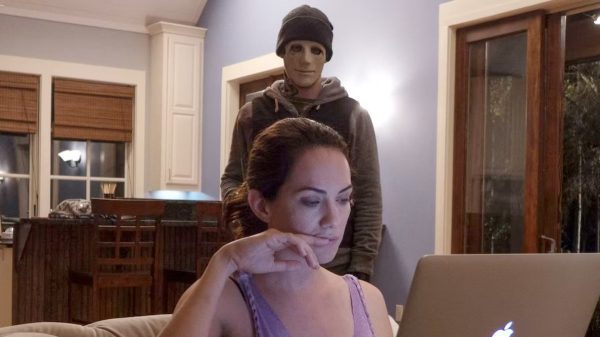












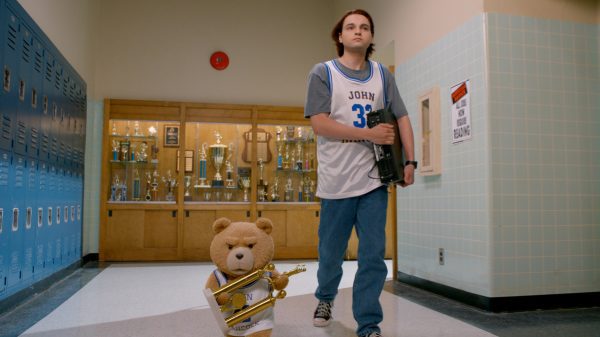
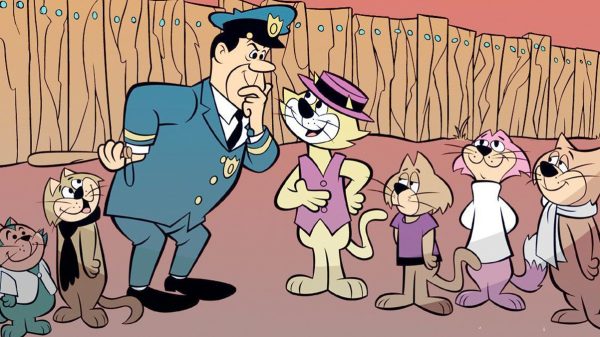
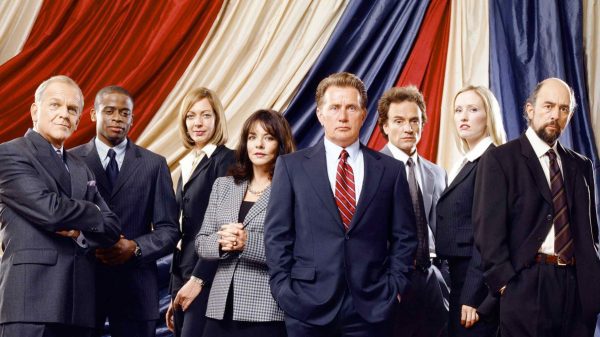
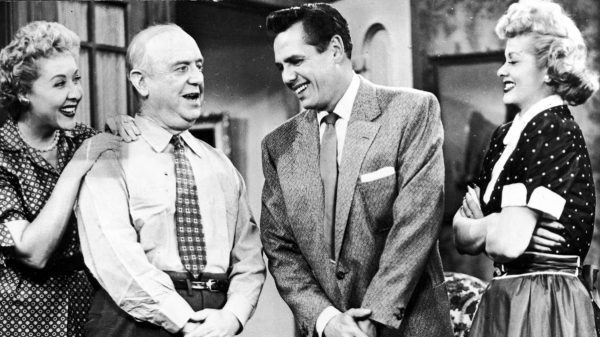



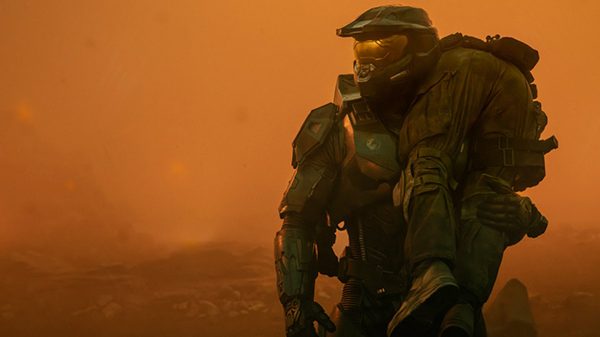
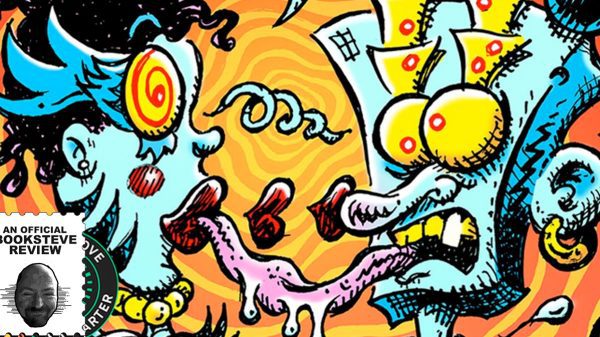

































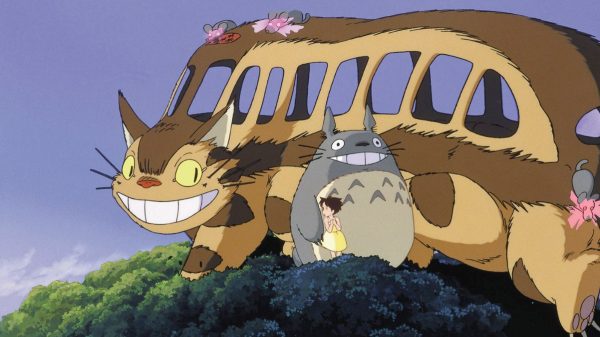
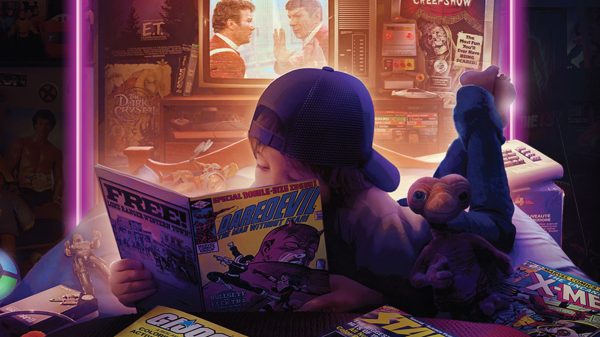
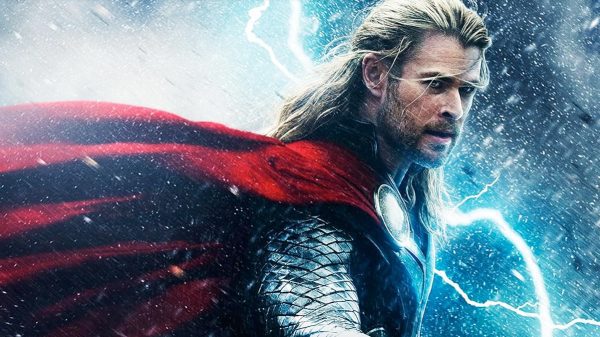









1 Comment
You must be logged in to post a comment Login